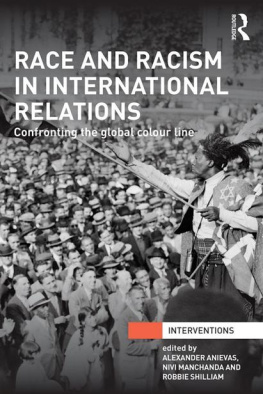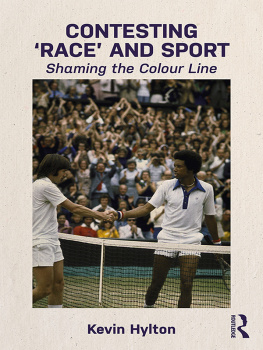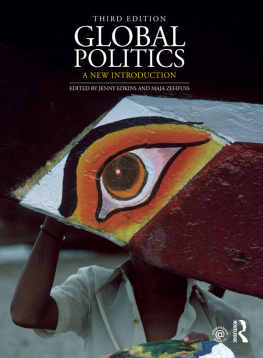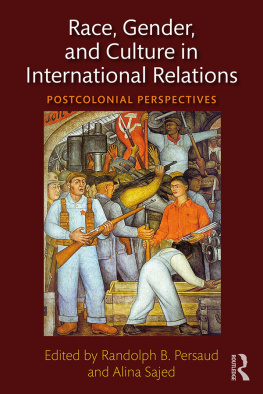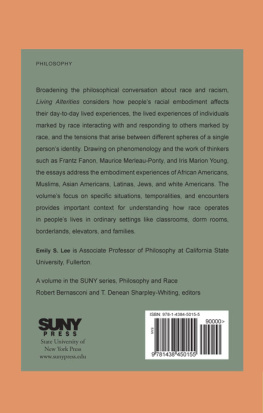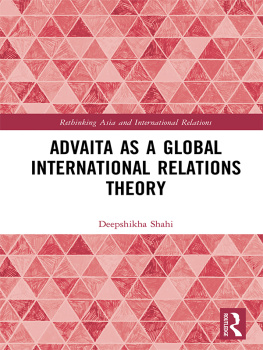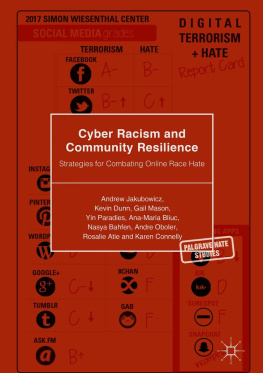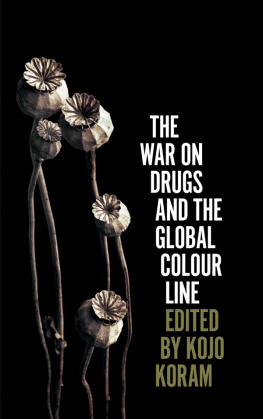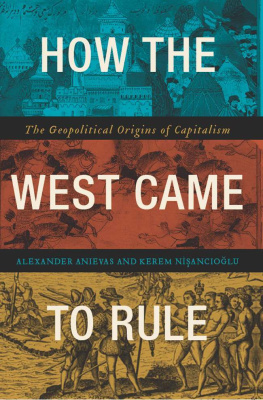
RACE AND RACISM IN INTERNATIONAL RELATIONS
International Relations, as a discipline, does not grant race and racism explanatory agency in its conventional analyses, despite such issues being integral to the birth of the discipline. Race and Racism in International Relations seeks to remedy this oversight by acting as a catalyst for remembering, exposing and critically re-articulating the central importance of race and racism in international relations.
Departing from the theoretical and political legacy of W. E. B. Du Boiss concept of the colour line, the cutting-edge contributions in this text provide an accessible entry point for both international relations students and scholars into the literature and debates on race and racism by borrowing insights from disciplines such as history, anthropology and sociology where race and race theory figure more prominently; yet they also suggest that the field of International Relations is itself an intellectual and strategic field through which to further confront the global colour line.
Drawing together a wide range of contributors, this much-needed text will be essential reading for students and scholars in a range of areas including postcolonial studies, race/racism in world politics and international relations theory.
Alexander Anievas is a Leverhulme Early Career Research Fellow at the Department of Politics and International Studies, University of Cambridge.
Nivi Manchanda is a PhD candidate at the Department of Politics and International Studies at the University of Cambridge.
Robbie Shilliam is Reader in International Relations at Queen Mary, University of London.
Interventions
Edited by:
Jenny Edkins, Aberystwyth University and Nick VaughanWilliams, University of Warwick
As Michel Foucault has famously stated, knowledge is not made for understanding; it is made for cutting. In this spirit the EdkinsVaughanWilliams Interventions series solicits cutting edge, critical works that challenge mainstream understandings in international relations. It is the best place to contribute post disciplinary works that think rather than merely recognize and affirm the world recycled in IRs traditional geopolitical imaginary.
Michael J. Shapiro, University of Hawaii at Mnoa, USA
The series aims to advance understanding of the key areas in which scholars working within broad critical poststructural and postcolonial traditions have chosen to make their interventions, and to present innovative analyses of important topics.
Titles in the series engage with critical thinkers in philosophy, sociology, politics and other disciplines and provide situated historical, empirical and textual studies in international politics.
Critical Theorists and International Relations
Edited by Jenny Edkins and Nick VaughanWilliams
Ethics as Foreign Policy
Britain, the EU and the other
Dan Bulley
Universality, Ethics and International Relations
A grammatical reading
Vronique PinFat
The Time of the City
Politics, philosophy, and genre
Michael J. Shapiro
Governing Sustainable Development
Partnership, protest and power at the world summit
Carl Death
Insuring Security
Biopolitics, security and risk
Luis LoboGuerrero
Foucault and International Relations
New critical engagements
Edited by Nicholas J. Kiersey and Doug Stokes
International Relations and NonWestern Thought
Imperialism, colonialism and investigations of global modernity
Edited by Robbie Shilliam
Autobiographical International Relations
I, IR
Edited by Naeem Inayatullah
War and Rape
Law, memory and justice
Nicola Henry
Madness in International Relations
Psychology, security and the global governance of mental health
Alison Howell
Spatiality, Sovereignty and Carl Schmitt
Geographies of the nomos
Edited by Stephen Legg
Politics of Urbanism
Seeing like a city
Warren Magnusson
Beyond Biopolitics
Theory, violence and horror in world politics
Franois Debrix and Alexander D. Barder
The Politics of Speed
Capitalism, the state and war in an accelerating world
Simon Glezos
Politics and the Art of Commemoration
Memorials to struggle in Latin America and Spain
Katherine Hite
Indian Foreign Policy
The politics of postcolonial identity
Priya Chacko
Politics of the Event
Time, movement, becoming
Tom Lundborg
Theorising PostConflict Reconciliation
Agonism, restitution and repair
Edited by Alexander Keller Hirsch
Europes Encounter with Islam
The secular and the postsecular
Luca Mavelli
ReThinking International Relations Theory via Deconstruction
Badredine Arfi
The New Violent Cartography
Geoanalysis after the aesthetic turn
Edited by Sam Okoth Opondo and Michael J. Shapiro
Insuring War
Sovereignty, security and risk
Luis LoboGuerrero
International Relations, Meaning and Mimesis
Necati Polat
The Postcolonial Subject
Claiming politics/governing others in late modernity
Vivienne Jabri
Foucault and the Politics of Hearing
Lauri Siisiinen
Volunteer Tourism in the Global South
Giving back in neoliberal times
Wanda Vrasti
Cosmopolitan Government in Europe
Citizens and entrepreneurs in postnational politics
Owen Parker
Studies in the TransDisciplinary Method
After the aesthetic turn
Michael J. Shapiro
Alternative Accountabilities in Global Politics
The scars of violence
Brent J. Steele
Celebrity Humanitarianism
The ideology of global charity
Ilan Kapoor
Deconstructing International Politics
Michael Dillon
The Politics of Exile
Elizabeth Dauphinee
Democratic Futures
Revisioning democracy promotion
Milja Kurki
Postcolonial Theory
A critical introduction
Edited by Sanjay Seth
More than Just War
Narratives of the just war and military life
Charles A. Jones
Deleuze & Fascism
Security: war: aesthetics
Edited by Brad Evans and Julian Reid
Feminist International Relations
Exquisite Corpse
Marysia Zalewski
The Persistence of Nationalism
From imagined communities to urban encounters
Angharad Closs Stephens
Interpretive Approaches to Global Climate Governance
Reconstructing the greenhouse
Edited by Chris Methmann, Delf Rothe and Benjamin Stephan
Postcolonial Encounters in International Relations
The Politics of Transgression in the Maghred
Alina Sajed
PostTsunami Reconstruction in Indonesia
Negotiating normativity through gender mainstreaming initiatives in Aceh
Marjaana Jauhola
Leo Strauss and the Invasion of Iraq
Encountering the Abyss
Aggie Hirst
Production of Postcolonial India and Pakistan
Meanings of partition
Ted Svensson
War, Identity and the Liberal State
Everyday experiences of the geopolitical in the armed forces
Victoria M. Basham
Writing Global Trade Governance
Discourse and the WTO
Michael Strange
Politics of Violence
Militancy, International Politics, Killing in the name
Charlotte HeathKelly
Ontology and World Politics
Void Universalism I
Sergei Prozorov
Theory of the Political Subject
Void Universalism II
Sergei Prozorov
Visual Politics and North Korea
Seeing is Believing
David Shim
Next page
